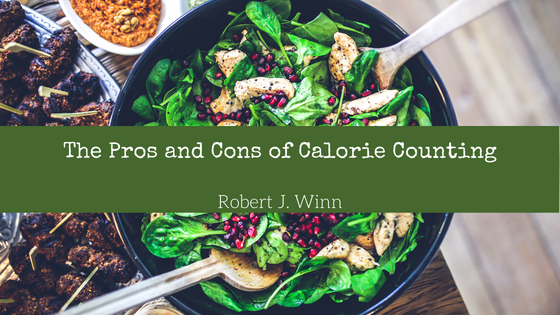Whether or not to count calories has been a controversial issue for a long time. Some people claim they lose weight by monitoring their calories, while others dismiss it as a waste of time. A clear understanding of how many calories you consume can help you reach your goals and keep track of your progress. However, some dietitians wonder if keeping track of your calories is necessary for everyone.
Many fitness enthusiasts also misguide the public about how many calories they should consume. For instance, some believe that hitting a certain number is needed to maintain a healthy diet. This misconception could lead to people gaining weight and developing health problems.
In this article, we’ll talk about the pros and cons of calculating calories. It will help you determine if it’s necessary to keep track of your calories and reach your goals.
What Are Calories?
Kilocalories are the units of energy that are present in a serving size. For instance, if you’re planning on consuming half a cup of oats, you’re looking at 150 calories. These are the calories from the various components of the food, such as protein, carbohydrates, and fats.
You’ll find tons of facts about food types and their calorie count online. You should also check out the recommended daily protein and carbohydrates to reach your goal while maintaining a healthy diet.
The Pros
Counting calories can also help you monitor how much food you’re consuming. It can give you an idea of the overall quantity of food you’re eating and its density compared to the recommended daily intake.
Counting calories can also help you monitor how much food you’re consuming. It can give you an idea of the overall quantity of food you’re eating and its density compared to the recommended daily intake. Having a clear understanding of how many calories you consume can help you reach your goals and keep track of your progress. One of the most common reasons people tend to overeat is that they’re unable to track how much food they consume.
Counting calories can also help you learn how much food you’re consuming. After seeing how much food you’re consuming, you can determine the appropriate serving size. This method could be beneficial for people prone to overeating. Unfortunately, most people consume less fruits, vegetables, and protein, leading to higher fat and carbohydrate consumption. Limiting your daily intake is necessary to avoid developing health problems.
The Cons
The nutrition facts label that you see on food packages can sometimes need to be more accurate. According to the FDA, companies are allowed to have a 20% discrepancy in the numbers they use on their labels. This means that if you look at a label that says 200 calories, you might need to check if you’re consuming that amount. The agency also doesn’t monitor the companies to ensure they’re being truthful.
Some calorie-tracking apps, which have massive databases about various food groups, can also contain inaccurate information. For instance, if you use a program with extensive records about a wide range of food, you might accidentally add data that is different from the actual nutritional information of the food.
One of the most important steps you should take when it comes to keeping track of your food intake is ensuring that you’re also consuming the right amount of nutrients. If you’re trying to hit your daily calorie target, you might end up with an imbalanced diet. Having an inadequate supply of nutrients could lead to various health issues.

